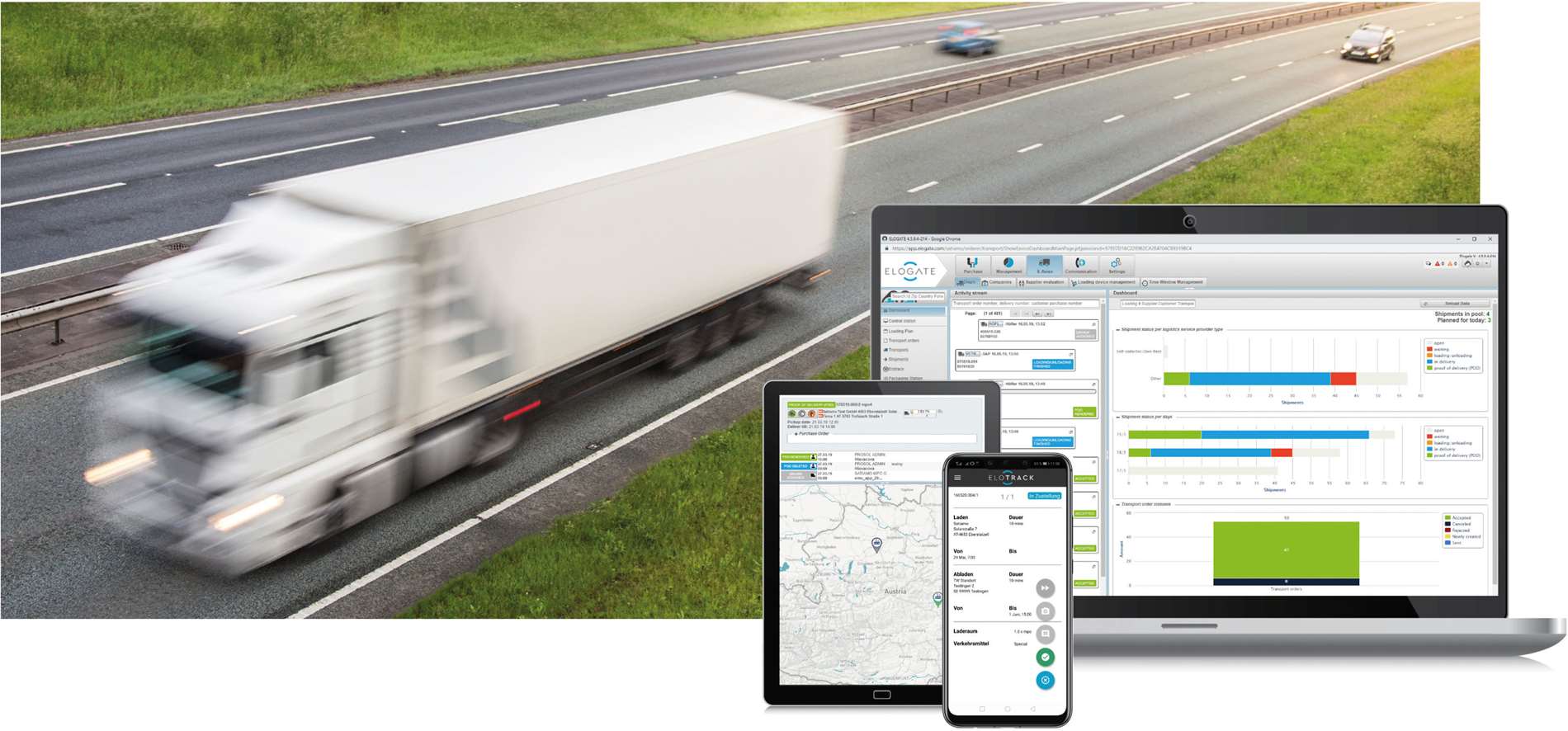- Interview CEO
- Vetropack Locations
- Market environment offering opportunities and challenges
- Business model
- Strategy 2030
- Management Structure
- Organisation
- col2
- Material Topics and Performance Review
- Customers and suppliers
- Finances
- Innovation and intellectual property
- Production and products
- Employees
- Environment
- col3
- New Design
- Financial Report
- col1
- At a Glance
- Financial Report Vetropack Group
- Consolidated Balance Sheet
- Consolidated Income Statement
- Consolidated Cash Flow Statement
- Changes in Consolidated Shareholders’ Equity
- Consolidation Principles
- Valuation Principles
- Notes
- Ownership Structure
- Company Participations
- Report of the statutory auditor on the consolidated financial statements
- Five Year Overview
- col2
- Financial Report Vetropack Holding Ltd
- Balance Sheet
- Income Statement
- Notes
- Board of Directors’ (BoD) Proposal for the Corporate Profit Appropriation
- Report of the statutory auditor on the financial statements
- Five Year Overview
- Corporate Governance
- col1
- Introduction
- Board of Directors
- MB Members
- Remuneration and Additional Information
- Shareholders’ Participation Rights
- Auditors
- Information Policy
- General blocking periods
- Contact Address
- Remuneration Report
- col1
- Introduction
- Principles of the Remuneration Scheme and its Components
- Organisation and Authorities for Determining Remuneration
- Description of the Remuneration Components
- Board of Director’s Remuneration
- Management Board’s Remuneration
- Comparison of Remuneration disbursed with the Remuneration approved by the 2021 and 2022 Annual General Assembly
- Shareholdings
- Report of the statutory auditor on the remuneration report
- Sustainability Report
- col1
- Sustainability Report
- Customers and suppliers
- Finances
- Innovation and intellectual property
- Production and products
- Employees
- Environment
- col2
Transport management
Climate neutrality requires cooperation
Vetropack is working with the Elogate transport management platform to reduce its environmental footprint. The platform shows where the company currently stands and what impact has been made by which improvements.

As one of Europe’s leading manufacturers of glass packaging, Vetropack supports the European Green Deal. “By its very nature, glass contributes to sustainability,” says Ulrich Ruberg, Head of Corporate Procurement. “This is because it can be recycled and is made from natural raw materials.” But, of course, there is still lots more Vetropack can do. In order to change processes and activities in a way that is geared toward the ultimate goal of achieving climate neutrality, the current situation needs to be analysed first. This is the reason why, since 2014, all shipments to customers across the Group have been handled by a transport management platform from start to finish, i.e. from the invitation to tender right through to invoicing.
Precise data
This creates a huge pool of data, as 70,000 deliveries are made to customers every year. A further 40,000 shipments are collected by the customers themselves. Vetropack products cover a distance roughly equivalent to a thousand times the circumference of the earth each year. “Thanks to Elogate, we can establish exactly what distances we travel, how often freight was shipped, at what cost and with what level of CO2 emissions,” explains Ulrich Ruberg. “This means we can work out the size of the environmental footprint for each freight shipment using a standardised calculation method.” The European standards approved by Vetropack for the vehicles’ combustion engines are factored in, for example, so we know exactly how much CO2 they emit and how efficient their engines are. This mix of data can then be used to calculate the emissions a particular vehicle produces over a given distance. “And thanks to all this data, we can figure out how to reduce our environmental footprint,” says Ulrich Ruberg.
A long journey with many companions
However, Vetropack is reliant on the entire logistics chain getting involved – from suppliers to customers and right through to freight carriers. Ulrich Ruberg: “We could, for example, optimise cargo capacity utilisation, further limit the approved engine standards or opt for different drive systems such as hydrogen or electricity,” says Ulrich Ruberg. “But the customers then also need to be able to work with these new pallets, the lorries need to be available in sufficient numbers and there needs to be infrastructure in place for new technology.” He adds that policy plays an important role in all efforts to achieve climate neutrality, explaining that it must create the necessary framework conditions for a paradigm shift within the industry. As he points out, “We can only make a great leap forward when the right infrastructure is in place.”
- Sustainability Report
- col1
- col1
- col1
- col1
- Material Topics and Performance Review